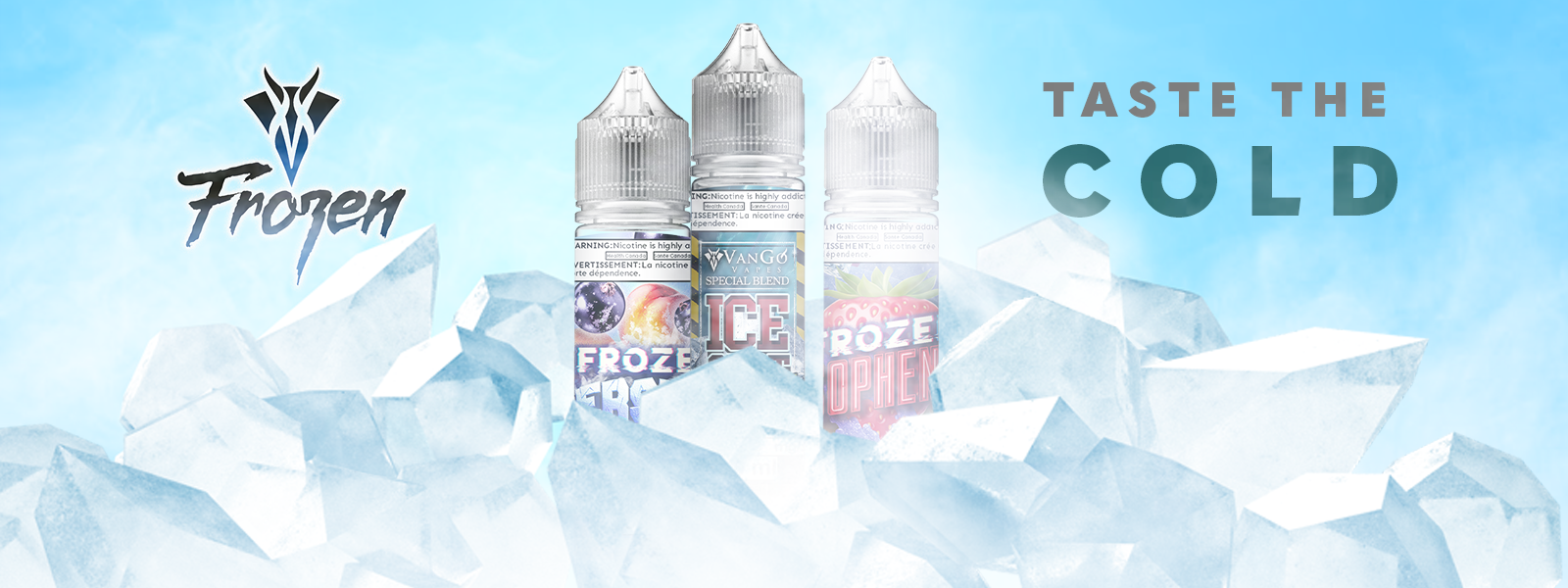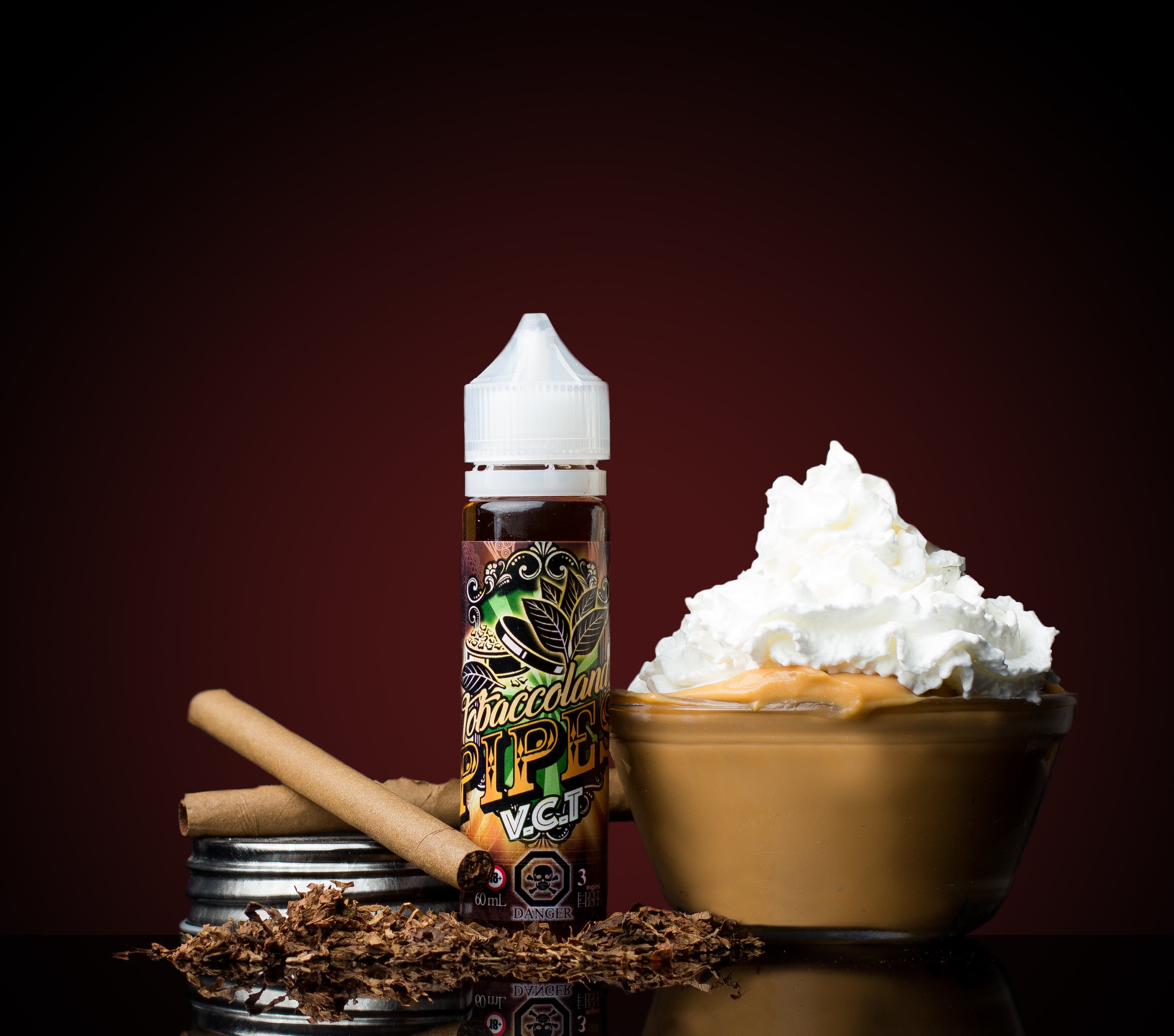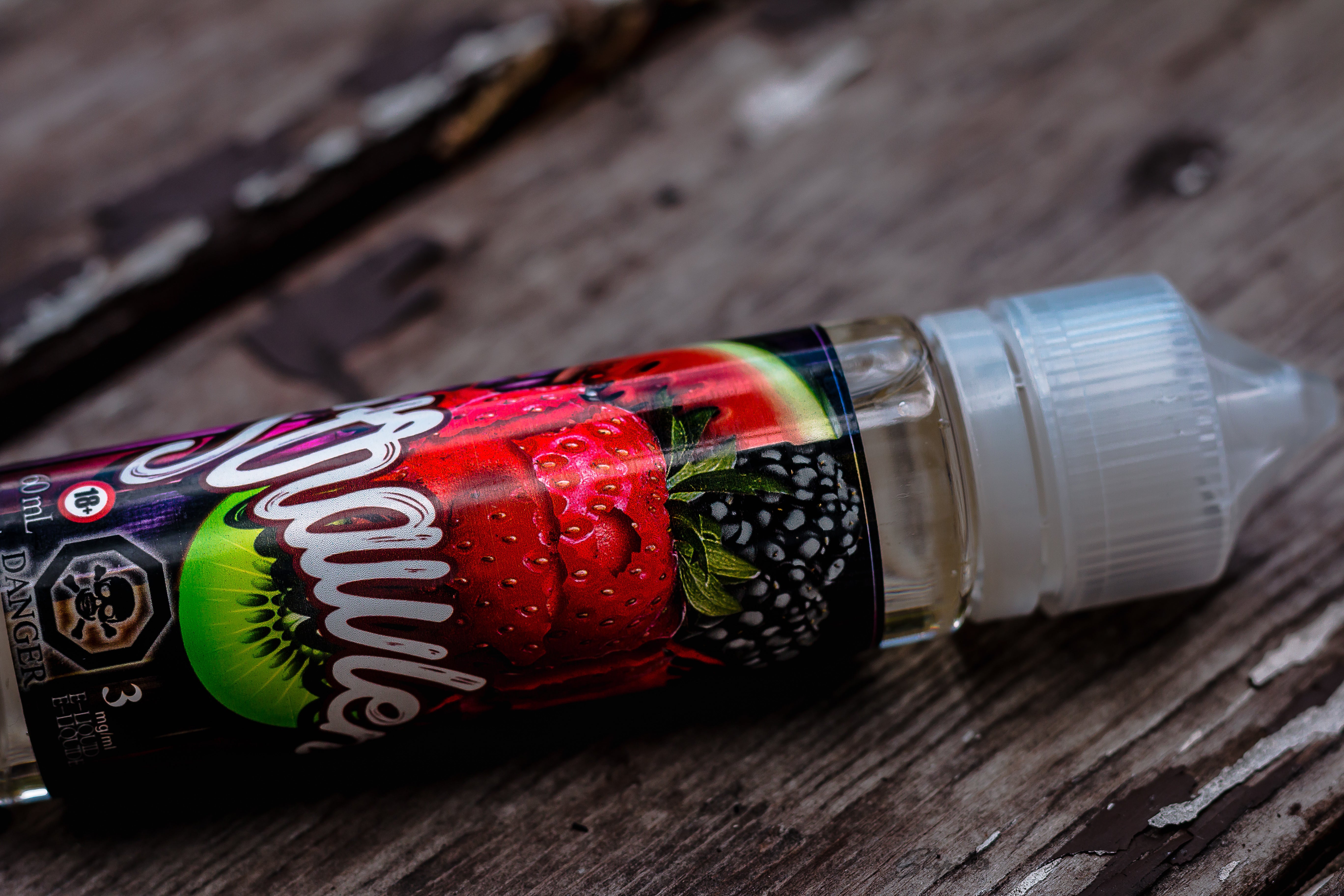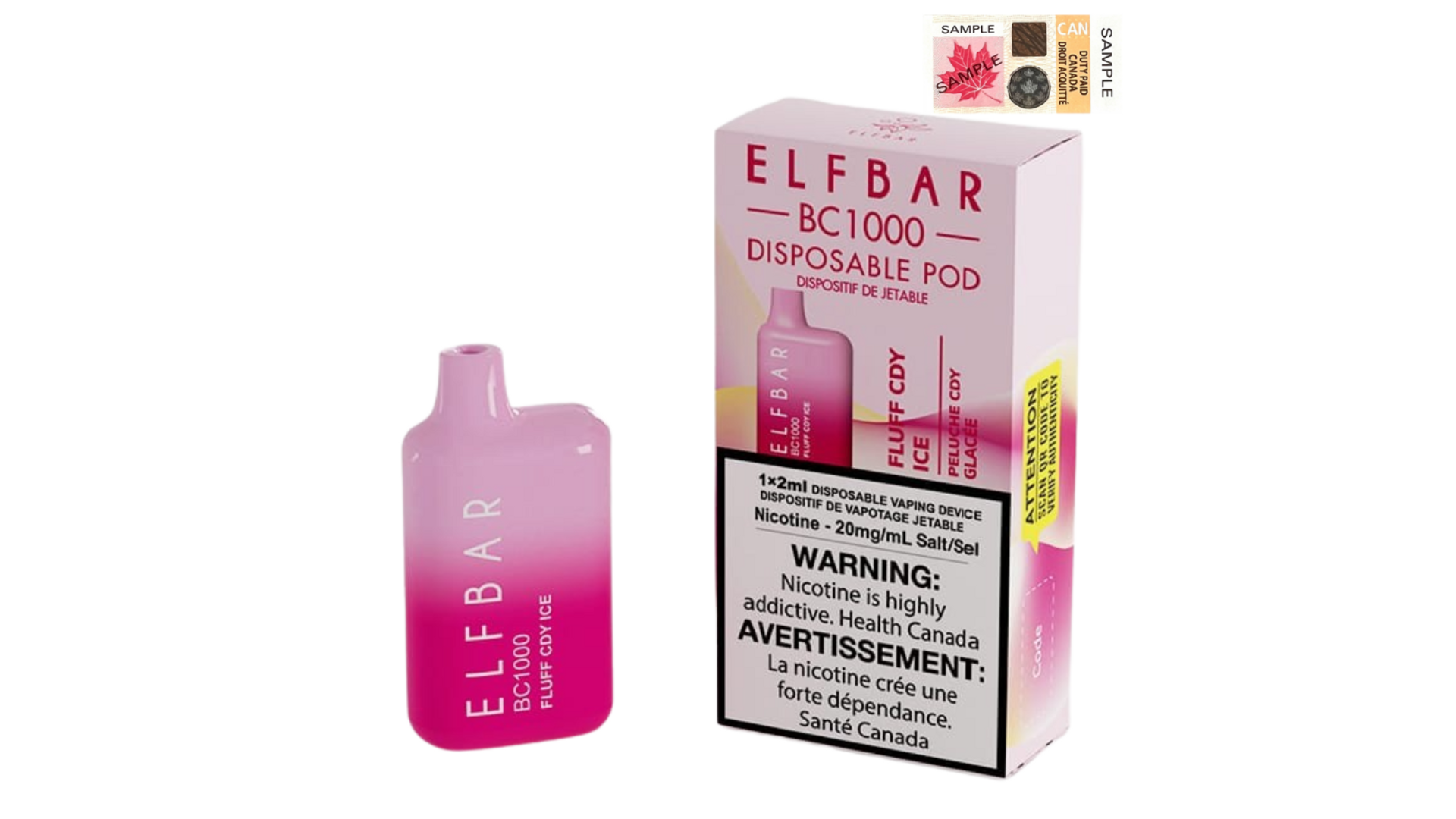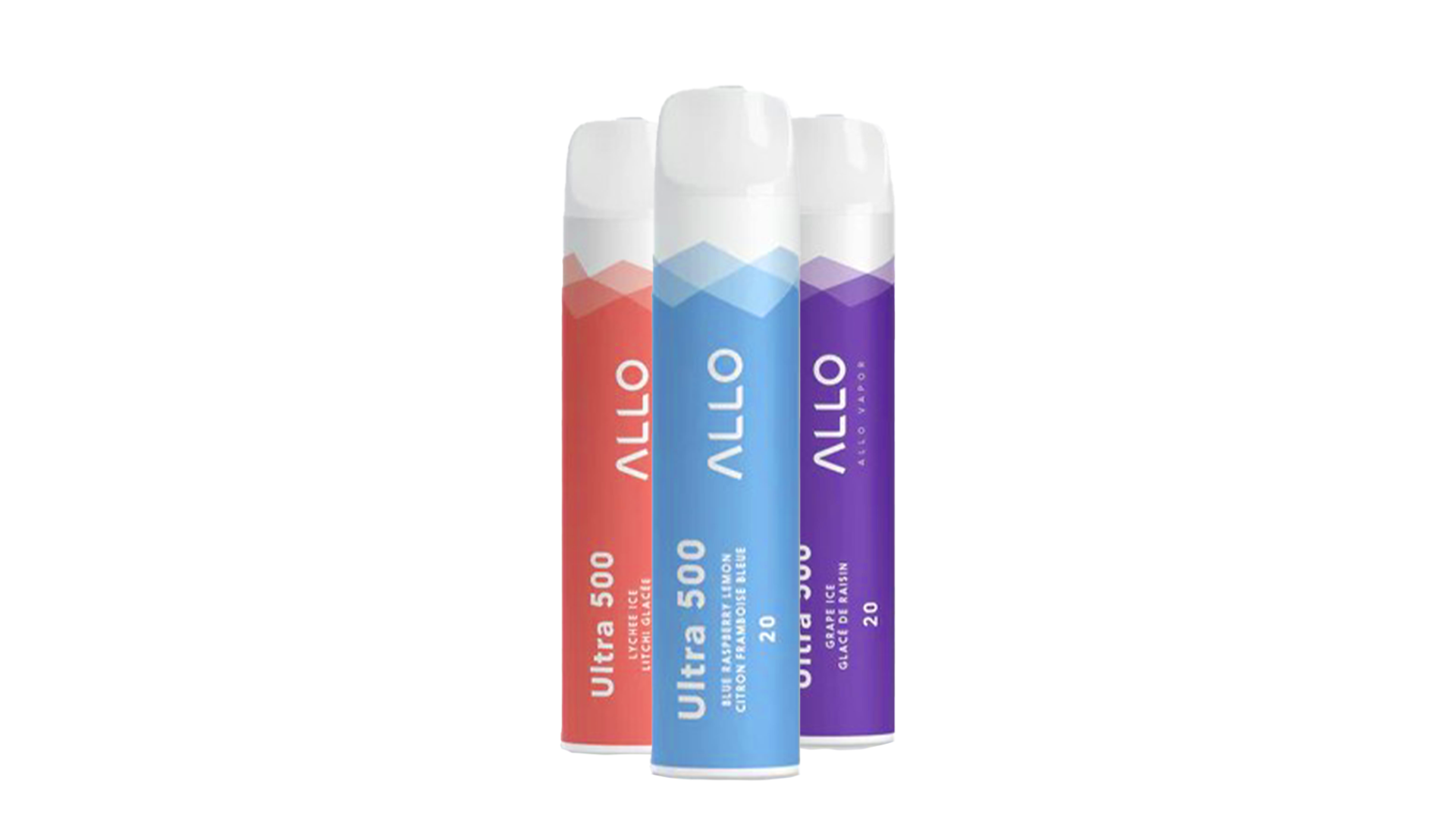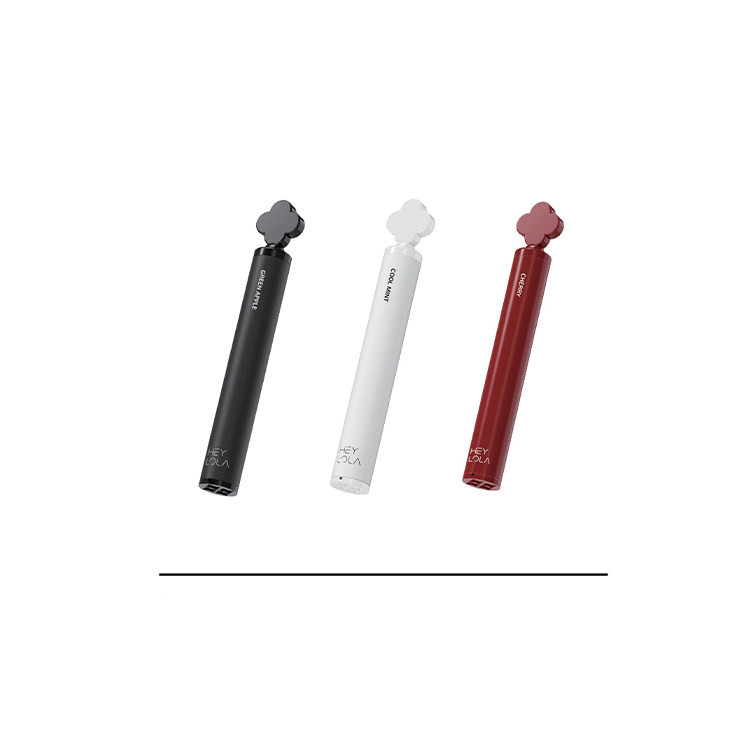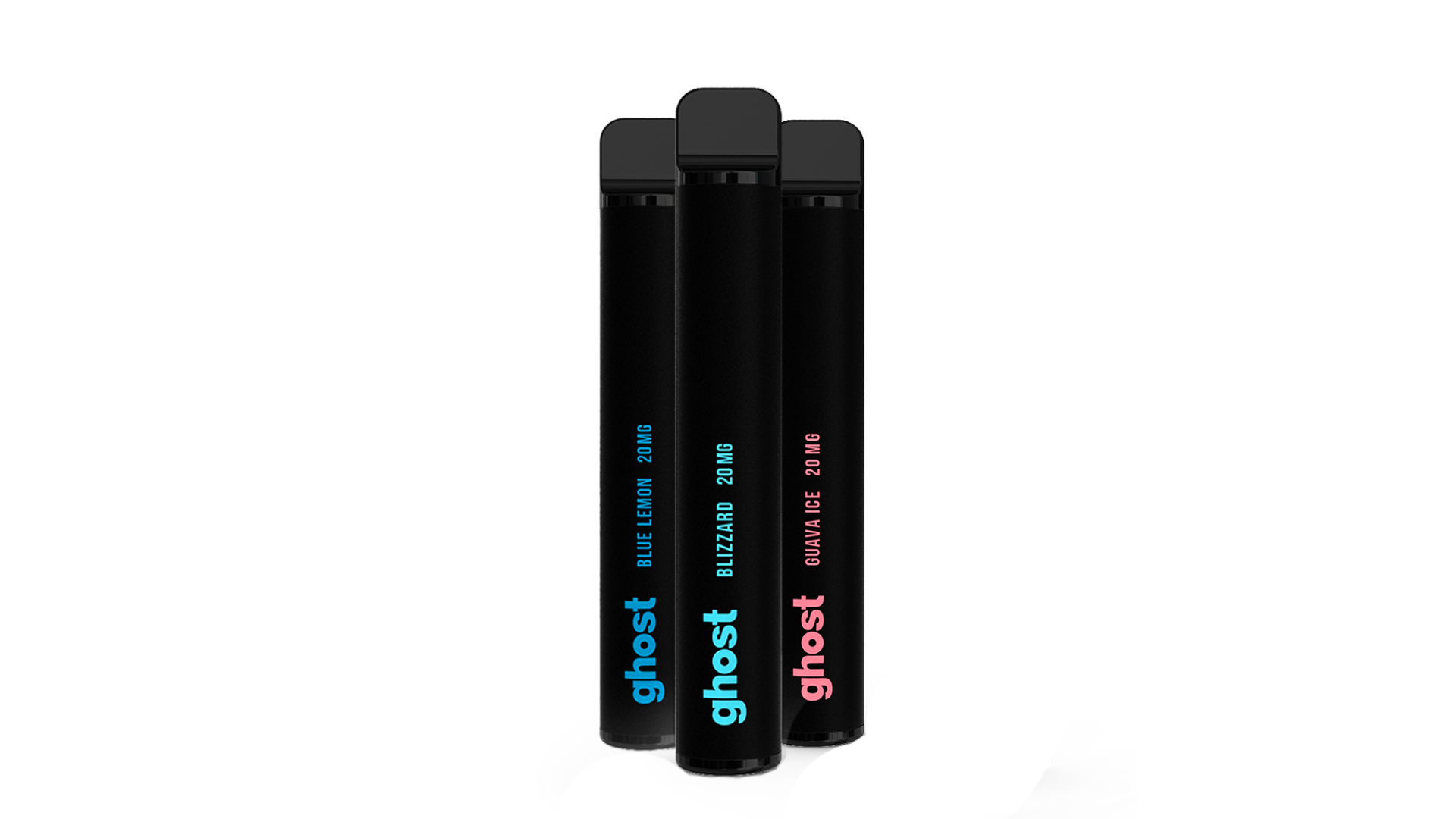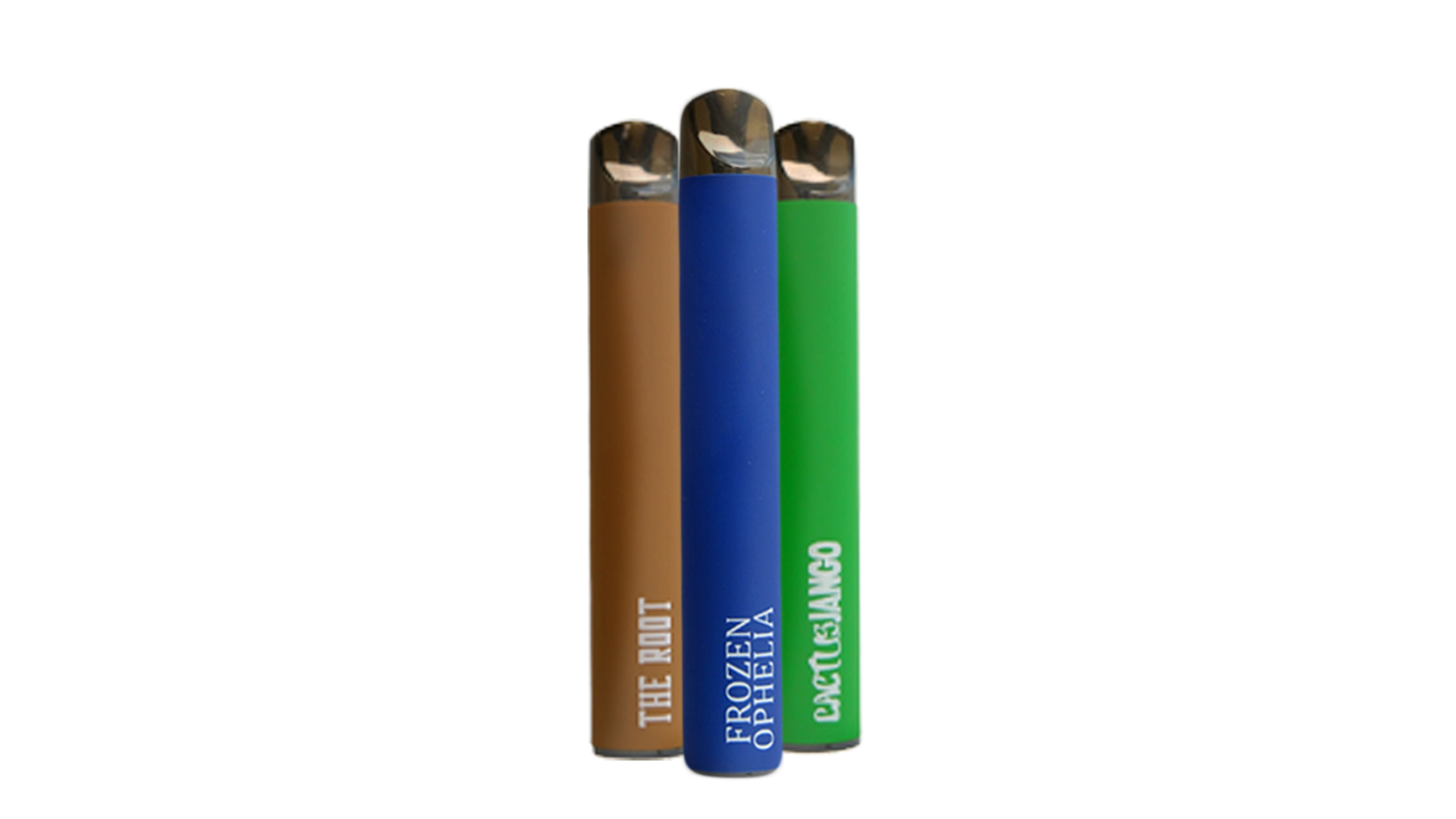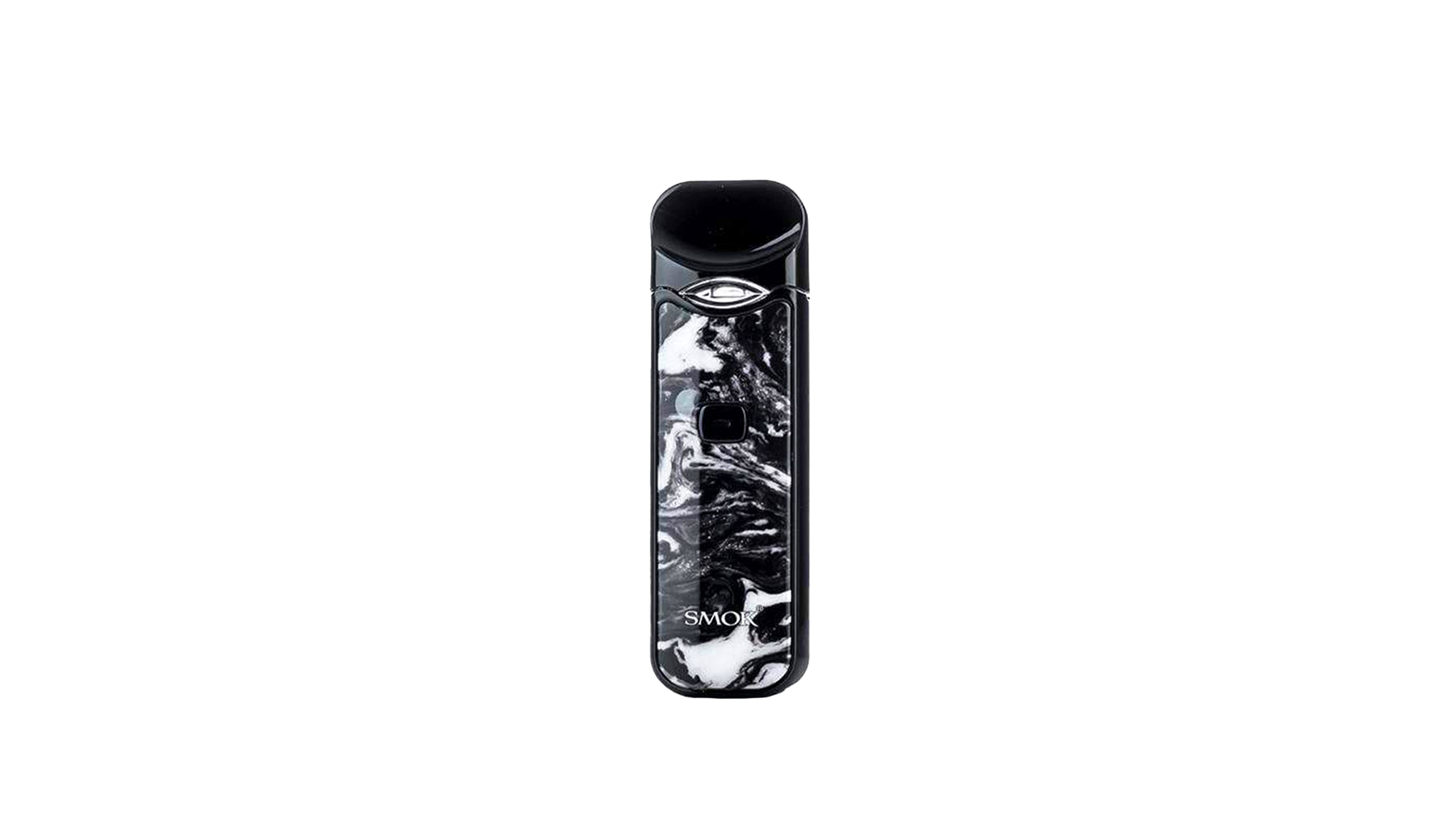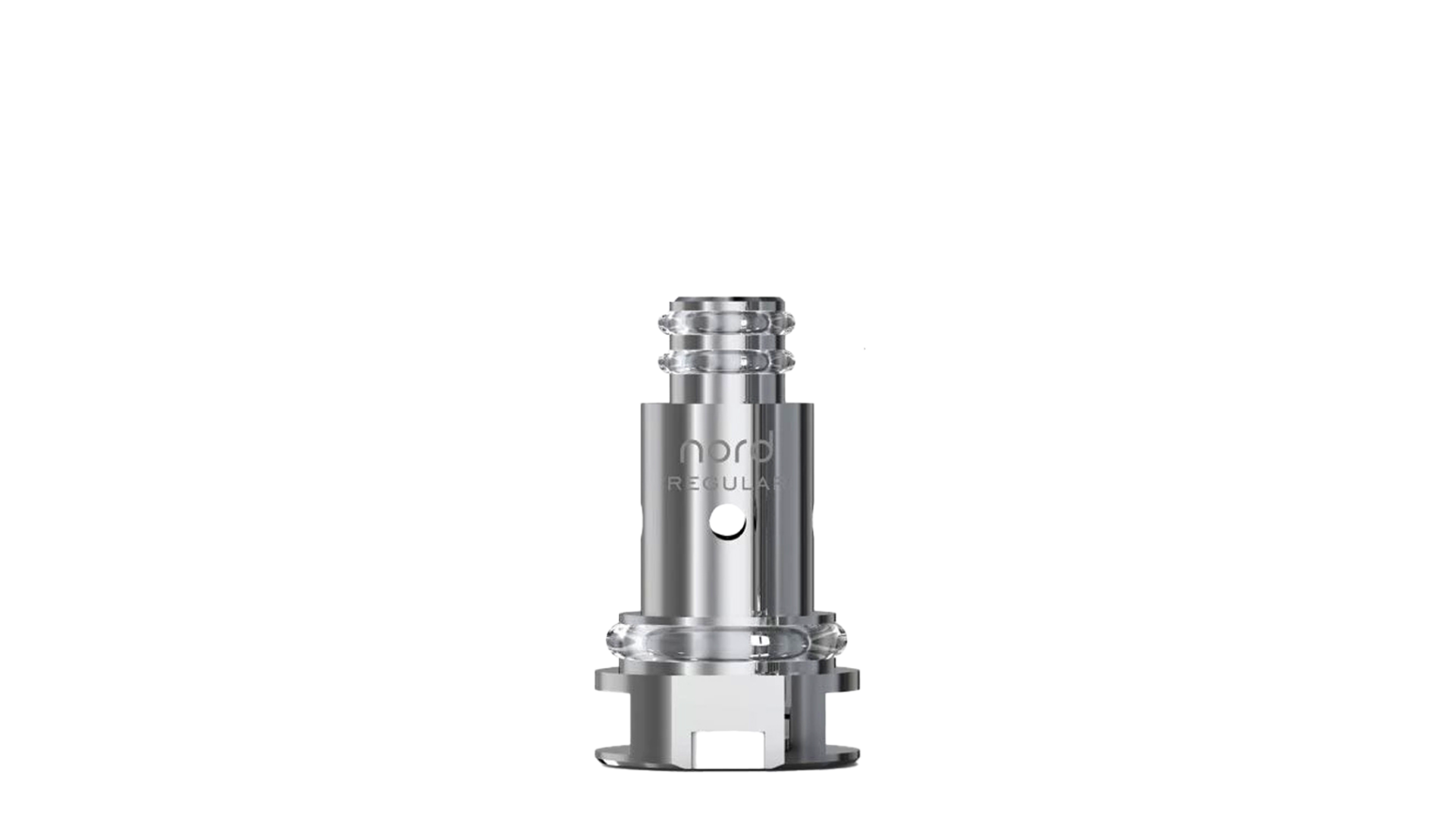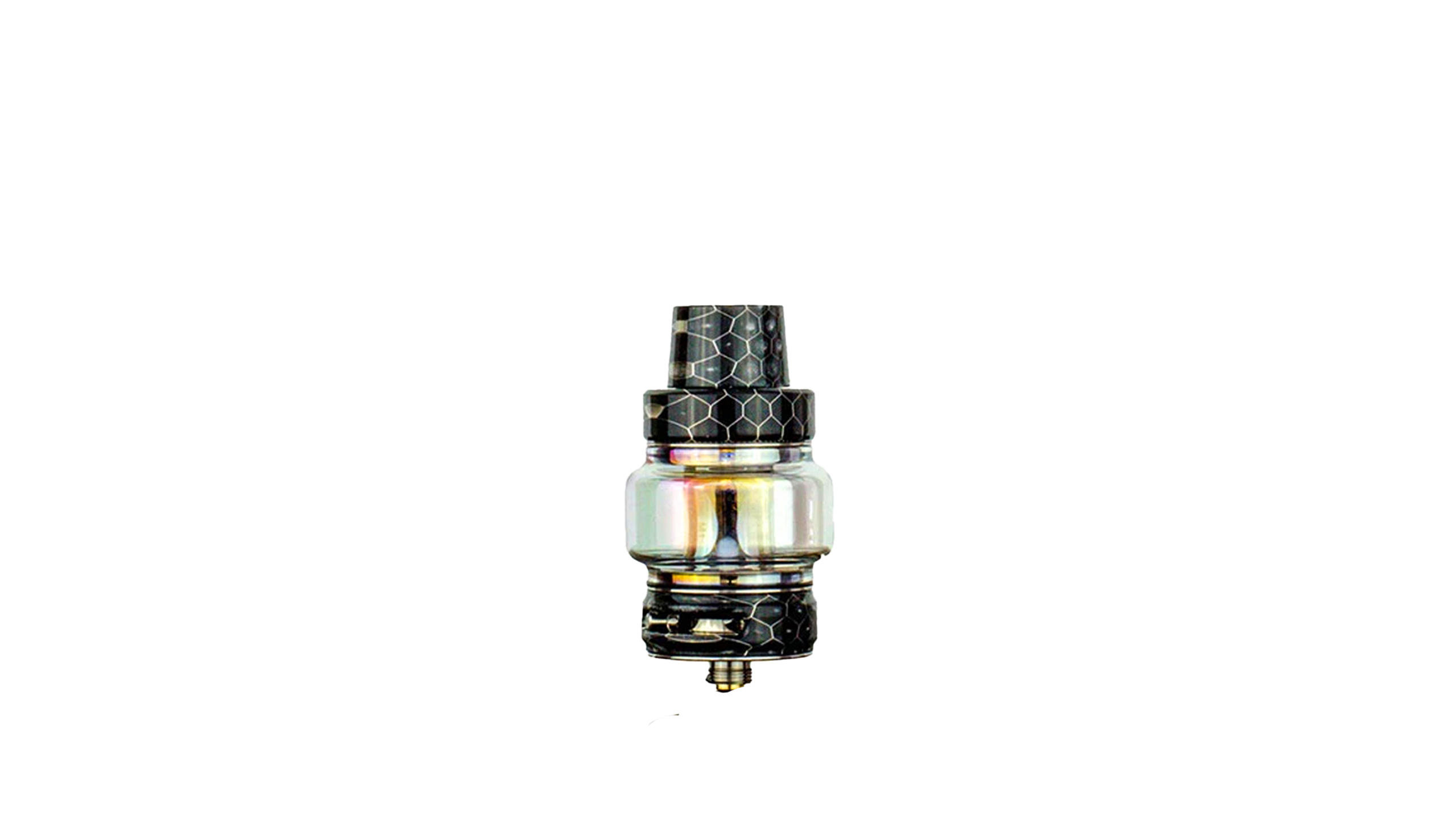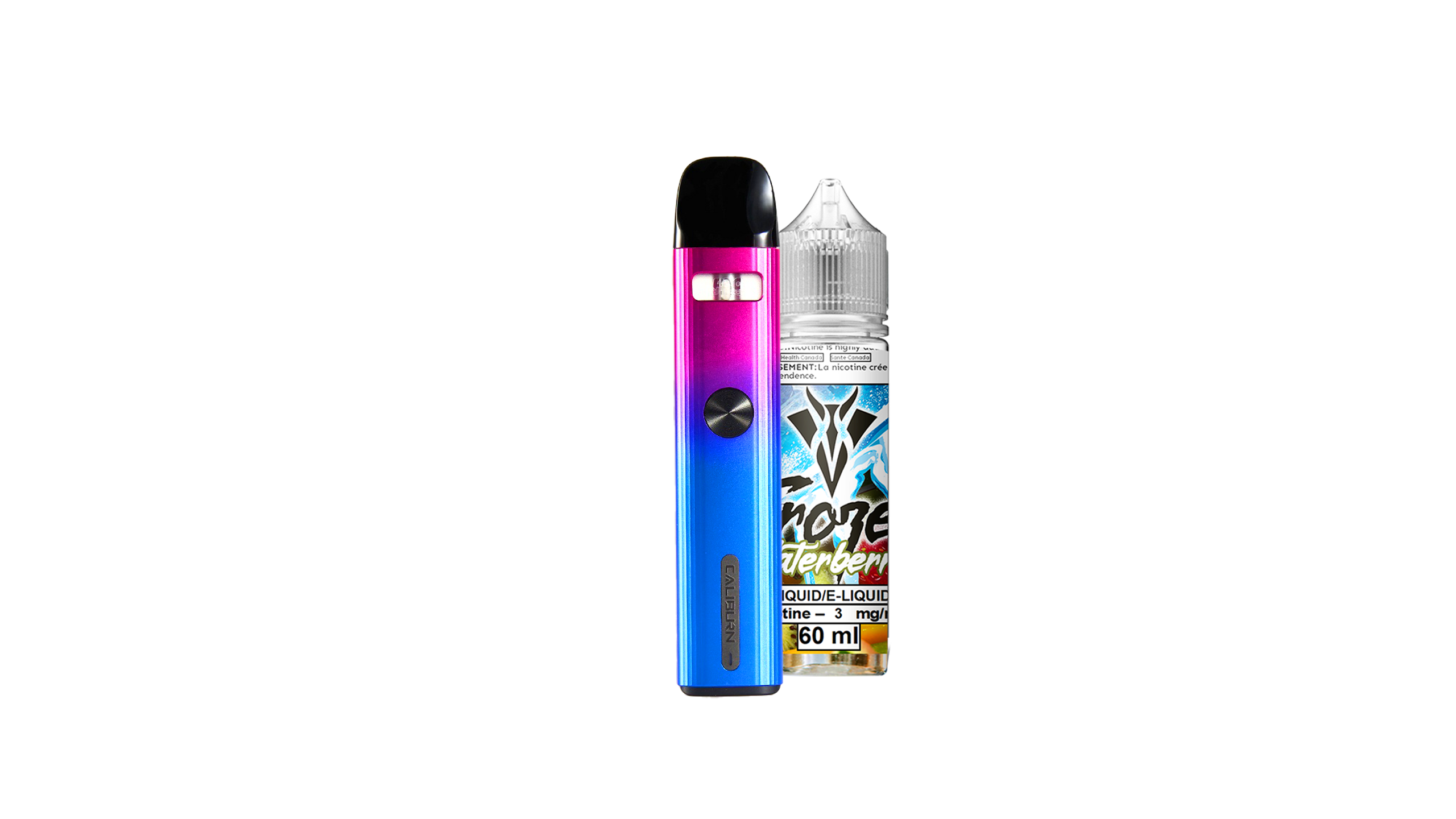The 2020 Federal Vaping Regulation Update
As of July 1st, 2020 the TVPA (Tobacco and Vaping Products Act) issued new federal regulations on advertising and labeling for all vape related products. (CLICK HERE FOR MORE) It is now prohibited to advertise vaping products in public spaces if the ads can be seen or heard by youth. This includes commercials, media, street signs, and products must not be visible through store windows.
All e-liquid and vaping related products must also include a single health warning outlined by the List of Health Warnings for Vaping Product Advertising. The word warning must be upper-cased and bold and the be inside a rectangular box with a black or white background. An example of what you will see now is “WARNING: Vaping products contain nicotine, a highly addictive chemical.” See the image below for a before and after compliance label.
Beyond federal regulations, are the individual provincial regulations. Below we will break some of those down for you in order to shed light on what is to come in the next few weeks.
British Columbia
- all E-substances that do not contain nicotine, and those that contain both nicotine and cannabis, will be prohibited for sale.
- Cannabis-only vapor products continue to be available for sale through authorized cannabis retailers.
- Retailers cannot sell any E-substances that contain only flavored chemicals (i.e. substances that do not contain nicotine, or nicotine salts or cannabis).
- All advertising of vapor products that can be seen, accessed, or heard by youth is prohibited. This includes places such as store windows and transit hubs.
- New business owners must notify the Ministry of Health of their intention to sell restricted E-substances at least 6 weeks prior to their first sale by using the (NOI) form.
- New business owners must report the products they wish to sell to the Ministry of Health at least 6 weeks prior to their first sale by submitting a product report, and a manufacturing report.
- Current vaping tax is 20% plus the 7% HST.
- Bill 19
- Prohibits the sale, possession and use of vapour products by anyone under 18, which aligns with the province’s age of majority.
- Prohibits the use of vapour product in schools, hospitals, and other public spaces.
- Prohibits advertising in gas stations and convenience stores, to align with tobacco advertising regulations and federal vapour product regulations.
- Restricts where vapour products can be sold.
- Establishes the authority to consider flavour restrictions at a later date.
- As of right now, Alberta is to comply with the federal regulations, but no new provincial regulations have been sealed.
- Alberta is also looking at the introduction of a 20%tax.
Saskatchewan
- No sale to minors under the age of 18.
- Prohibits promotion of products in businesses frequented by youth.
- Prohibited to vape in public buildings, schools and school grounds.
Manitoba
- Minimum age of 18.
- Ban on vaping in indoor public places like schools, libraries, hospitals, malls, restaurants, indoor workplaces.
- The province’s regulations on advertising and promotion of tobacco products now includes vaping products as well.
Ontario
- The sale of flavored vapor products will be restricted to specialty vape stores and licensed cannabis retail stores. Convenience stores can only sell tobacco, menthol and mint flavored vapor products;
- The sale of vapor products with high nicotine concentrations (greater than 20 mg/ml) will be restricted to specialty vape stores.
- Specialty vape stores will no longer be permitted to have indoor displays and promotions that are visible from outside their stores.
Quebec
According to Bill 44, it’s forbidden to:- Allow e-cigarettes and related accessories to be seen from the outside of a shop. To prevent this, you’ll need to frost your window.
- Communicate to consumers inappropriately regarding tobacco products displayed in the shop. This means a seller cannot communicate on the alleged benefits of vaping.
- Advertise a vaping product whose sale or distribution is forbidden. In broad terms, ad in newspapers, posters, leaflets, Facebook posts, or on any other social network are not allowed. Likewise, it is not possible for a vape seller in Quebec to own a website that promotes its products.
- Allow clients to test products or flavours. If you run a vape shop, you can’t allow a potential client test any products nor demonstrate how they work. Both owners and clients complain about this but it’s the law.
- Sell, or offer products other than those related to e-cigarettes. For instance, owners or shop staff cannot offer food or water to clients, neither for free or at a price.
- Offer loyalty cards or any discounts or coupons.
- Sell vaping products, to minors, nor allow their presence within the shop. The client or visitor must prove he is over the age of legal majority. If the seller doubts the age of a visitor, he must ask for ID.
- Fail to display, in full view of everyone, on the cash registers or near them, messaging regarding the ban on the sale of tobacco to minors and the health warnings from the Ministère de la Santé et des Services sociaux.
New Brunswick
- No sale to minors under the age of 19.
- Cannot enter the store unless accompanied by an adult.
- Outdoor advertising by vape shops is prohibited and promotional material inside the shops cannot be viewed from the outside.
- The sale of flavoured tobacco, including menthol, is also banned
Nova Scotia
- FULL flavor ban.
- 20mg maximum nicotine strength.
- Tax Rates on Vaping Products.
- Effective September 15, 2020 every consumer shall pay tax at the rate of:
- For vaping substance that is a liquid $0.50 per millilitre;
- For vaping substance that is a solid $0.50 per gram;
- For vaping devices other than vaping packages 20% of the manufacturer’s or importer’s suggested retail selling price;
- For vaping packages, the greater of 20% of the manufacturer’s or importer’s suggested retail selling price, and $0.50 per millilitre or gram of the included vaping substance;
- On top of HST.
- Raised the legal age to buy vape products from 19 to 21.
- Ban on certain flavors.
- Sales banned wherever tobacco sales are prohibited.
- No advertising at vape shops in a way that is visible from the outside.
- No sales to minors under the age of 19.
- Sales banned wherever tobacco products are prohibited.
- No advertising where it is visible from the outside.
Yukon
- The minimum legal age for purchasing tobacco and vaping products is now 19.
- Providing or selling vaping products and tobacco to minors under the age of 19 is illegal.
- New signage requirements mean that “no vaping” as well as “no smoking” signs should be posted.
- Vaping and tobacco products are now regulated the same way:
- location of sales;
- consumption in public places; and
- restrictions on product promotion.
Northwest Territories
- No sale to minors under the age of 19.
Nunavut
- Current regulations only dictate where people can vape.
Many of these provincial regulations have been in place for some time, and there still may be changes to come. However, this is the most up to date information on a breakdown of each province. VanGo Vapes will continue to persevere through these updated regulations and to meet all compliance so we can continue to serve our great vape community!
Stay tuned for the next blog posts!




